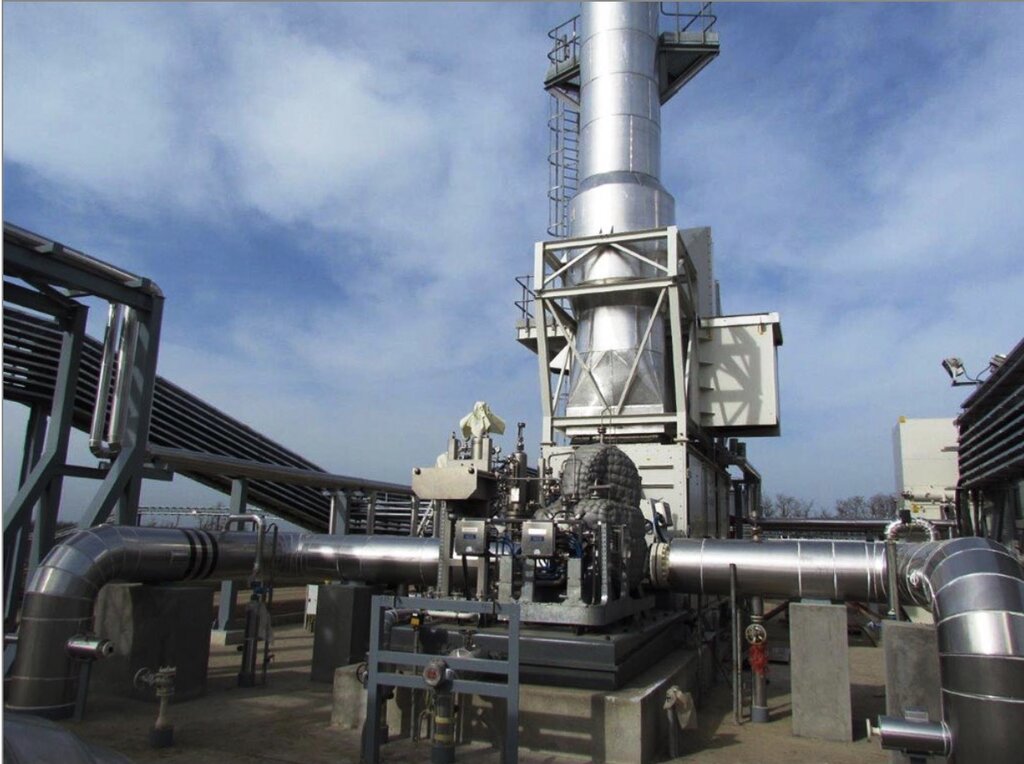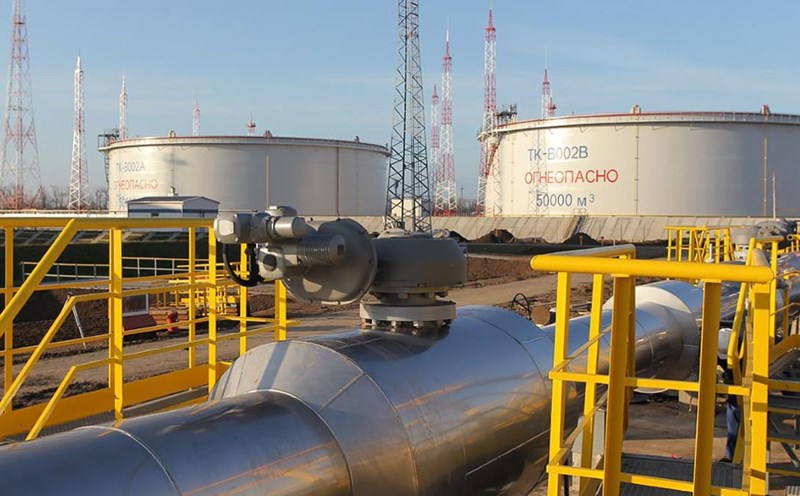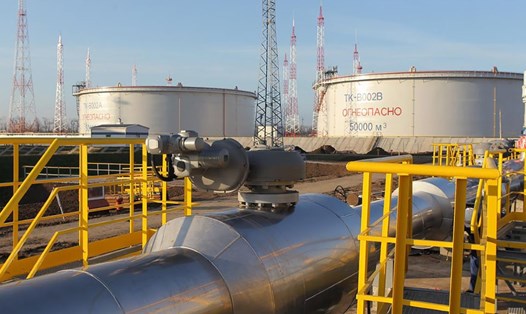Kazakhstan is seeking to discuss with Ukraine after its drone attack on Russian territory affected the flow through Kazakhstan's key crude oil export route, Bloomberg reported.
The oil pumping station on the Caspian pipeline pipeline pipeline pipeline pipeline (CPC), which consumes about 80% of Kazakhstan's oil exports, was stopped after a drone attack on February 17. The incident is likely to have caused the large international oil pipeline to transport only about 30% of its capacity during a 2-month repair period.
The pipeline was attacked for transporting oil from three of Kazakhstan's largest mines, including the Tengiz project led by the US oil and gas corporation Chevron.
"This is a very important issue for the Kazakhstan economy. Of course, we will discuss this issue with our Ukrainian partners through diplomatic channels," said Kazakhstan Foreign Ministry spokesman Aibek Smadiyarov.
Caspian pipeline consortium carries crude oil via pipeline from Kazakhstan to a port warehouse in the Black Sea near Russia's Novorossiysk port. Russian oil is also transported through the pipeline system, with an entry point at the Komsomolskaya pumping station near the Caspian Sea and at the Kropotkinskaya station - which was attacked by Ukrainian drones on February 17.
Ukraine attacked Russia's oil infrastructure to disrupt fuel supplies for the conflict and reduce Russian oil and gas revenue. The drone attack on February 17 was the first attack to affect the CPC oil pipeline.
"Before the CPC attack, Ukraine was very cautious not to attack energy infrastructure related to Western energy companies. Therefore, the risk of attacking the CPC, especially in upcoming negotiations on war, will remain high," said ga Mallinson, a senior economist at PRISM Strategic Intelligence in London, UK.

The CPC pipeline attack comes days after Russian and US officials held their first round of talks to end the conflict in Ukraine.
CPC facilities in Russia are not protected by anti- missile systems, Russian President Vladimir Putin informed Russian state broadcaster Rossiya 24 on February 19.
We believe that this will not be the target of an attack because it is not a Russian facility, but a part of an international energy infrastructure, Putin said, stressing that oil transported through the pipeline belongs to Western producers.
The Russian leader said it would take some time before the damaged CPC pipeline infrastructure receives the necessary equipment and can be put back into operation.
On February 18, Russian Deputy Prime Minister Alexander Novak estimated that repairing the CPC oil pipeline in Russia could take several months.
CPC crude oil is an increasingly important alternative to Russian oil supply for Europe. Since the Russia-Ukraine conflict broke out, the pipeline has only been interrupted for a short time, in the spring and summer of 2022, when Russian authorities announced a typhoon that damaged oil pipelines.
Since then, Kazakhstan has made efforts to diversify oil transport routes. This year, the Central Asian country plans to transport 1.5 million tons via the Baku-Tbilisi-Ceyhan pipeline, up from 250,000 tons transported in 2022, when transportation began via the pipeline.
Kazakhstan also plans to transport 1.2 million tonnes of crude oil to Germany via the Russian pipeline. However, this oil is still small compared to 63 million tons of oil transported via CPC last year.











